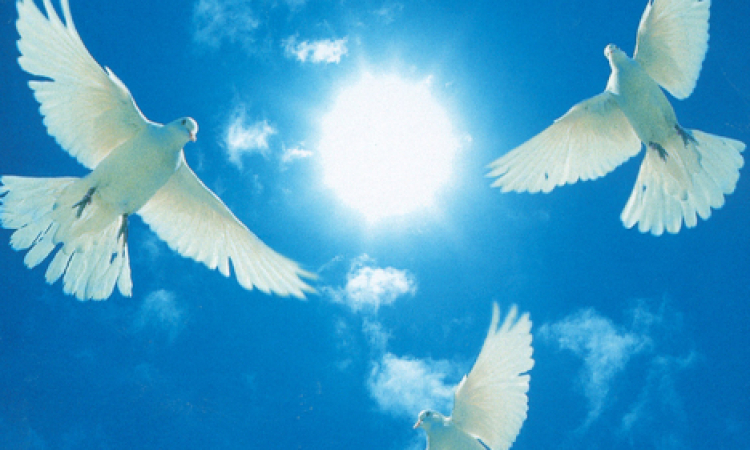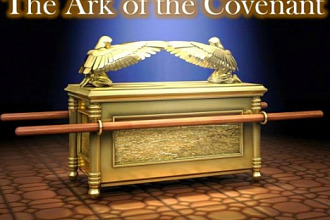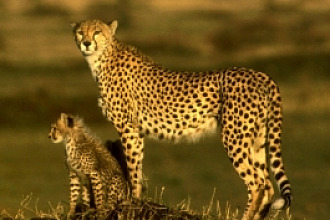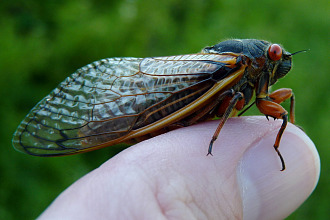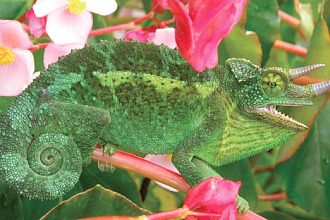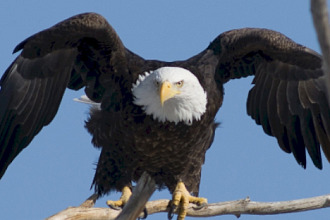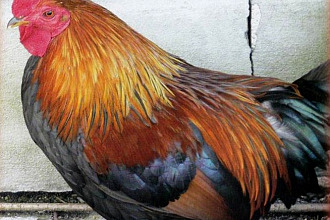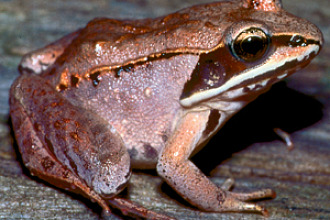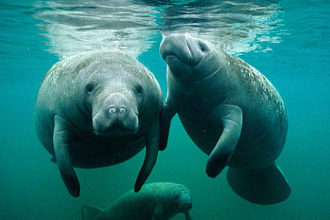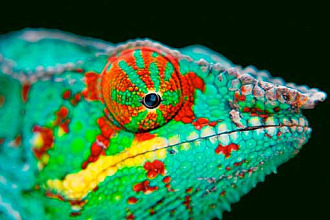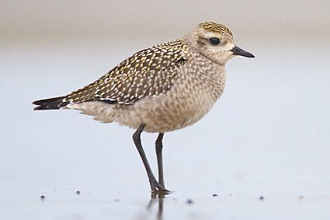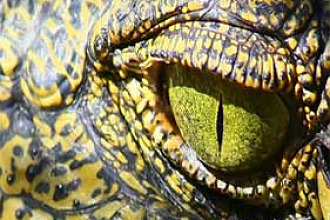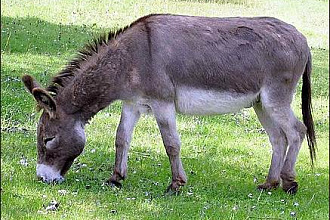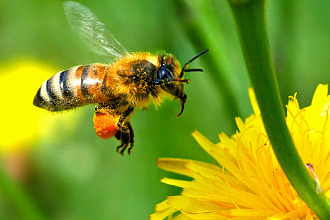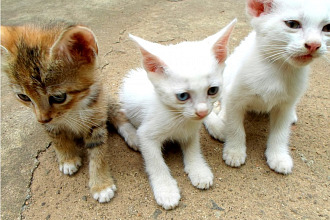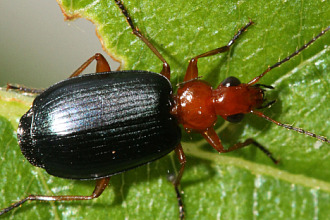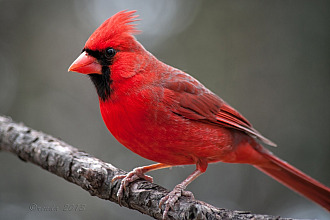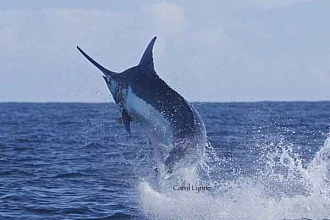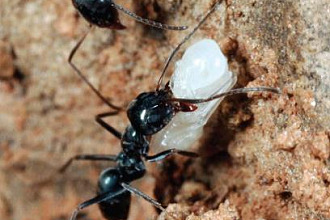Doves are found all over the world and are normally unafraid of humans.
Except for flight, they seem to have no particular defense mecha¬nism—nor attack mechanism either. They are vegetarian, and do not even feed insects to their young. Some believe their diet may account for their gentle dispositions. Doves, often used to symbolize purity, are faithful to their mates, and are the epitome of responsible parenting. While the eggs are being incubated, the mothers take the night and morning shifts on the eggs, while the males take the long, often hot, afternoon shift. The female lays one egg then another two days later. The parents care for the two Ill hatched, then some will build a second nest nearby laying two more eggs—taking turns sitting on those new eggs while feeding their hatched babies in the first nest with the same dedication! Additional nest-building may be repeated 4 or 5 more times during a successful season of mass production! The parents feed their hatched babies for many days with a cottage-cheese-appearing substance that is produced in their crops (or throats.) Their roly-poly babies get so stuffed on this regurgitated milky substance one can at times see it oozing out their beaks. Obviously it's not by accident their Creator gave some varieties of the fat babies an extra ridge, like a lip on a bowl, to catch the over-supply of rich substance so none is wasted!
In cold weather some doves at times actually form a "bird pyramid" with doves standing on the backs of other doves in order to keep warm. It's another God-given not by accident solution to a need.
Their Designer arranged for doves to be able to live successfully—and Scripture says in Luke 3:21, 22 that He used a form like a dove for His Spirit's appearance at Christ's baptism. A dove's faithfulness, .gentleness, and untiring ministry to its young certainly does symbol¬ize just a wee bit the loving characteristics of our God.
Would our Creator be able to use us to demonstrate something of Himself?
Our creation is not by accident either!
"NOT BY ACCIDENT" (c) Juanita Kretschmar is used by permission and was first published in the book "Not By Accident" page 23.
Picture originally found here

